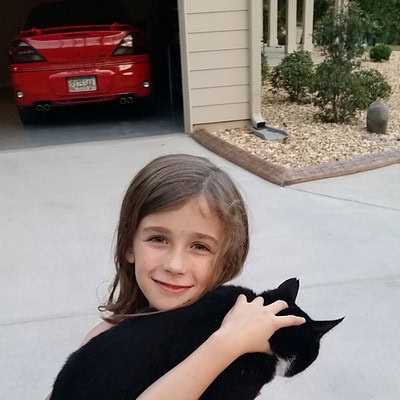According to the JCAP treatment guidelines published in 2017, treatment for PANS includes three components.
![]()
Antimicrobial treatment – antiviral or antibiotics to treat an inciting infection
Immune modulating treatment- this component can range from anti-inflammatories (NSAIDs or steroids) to intravenous immunoglobulin (IVIG) to plasmapheresis.
![]()
Psychotropic medication – some medications, including SSRIs, could be helpful if started with a very low dose that increases only very slowly.
For the small proportion of children who have chronic/static or treatment refractory cases…
more intensive interventions, such as chemotherapy drugs such as rituximab, are being used in a few clinics. This treatment course is more consistent with an Autoimmune Encephalitis diagnosis.
Many children with PANS/PANDAS will use treatment-strength antibiotics and/or antivirals followed by prophylactic doses to reduce the risk of future infection. This approach is consistent with treatment protocols for both rheumatic fever and immune deficiencies, which are sometimes a comorbidity with PANS/PANDAS. Some antibiotics also have anti-inflammatory or immune-modulating properties, which are beneficial in and of themselves.
We aspire to heal.
Learn about other families whose lives have been affected by PANS/PANDAS — and be inspired to share your own.
